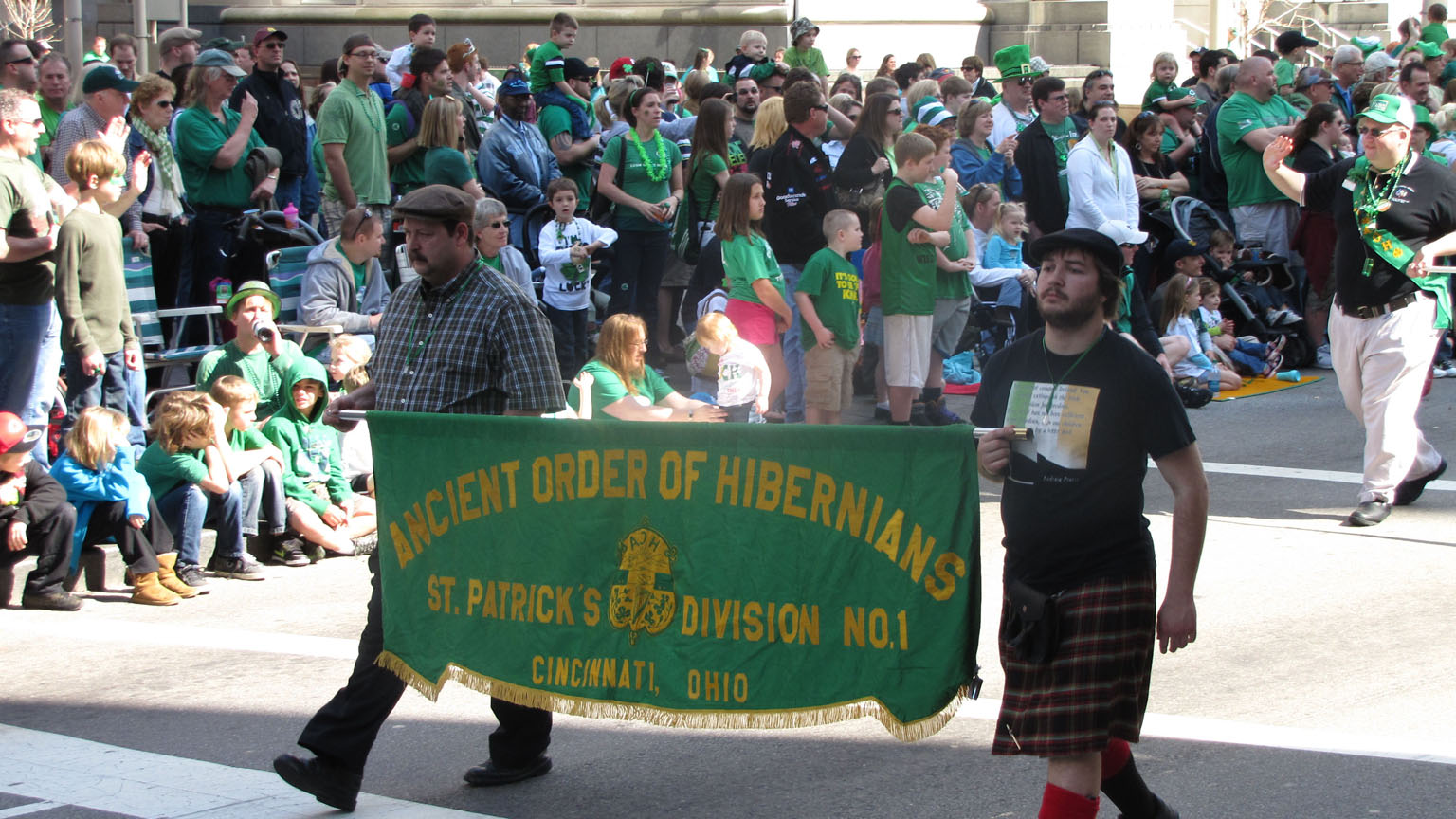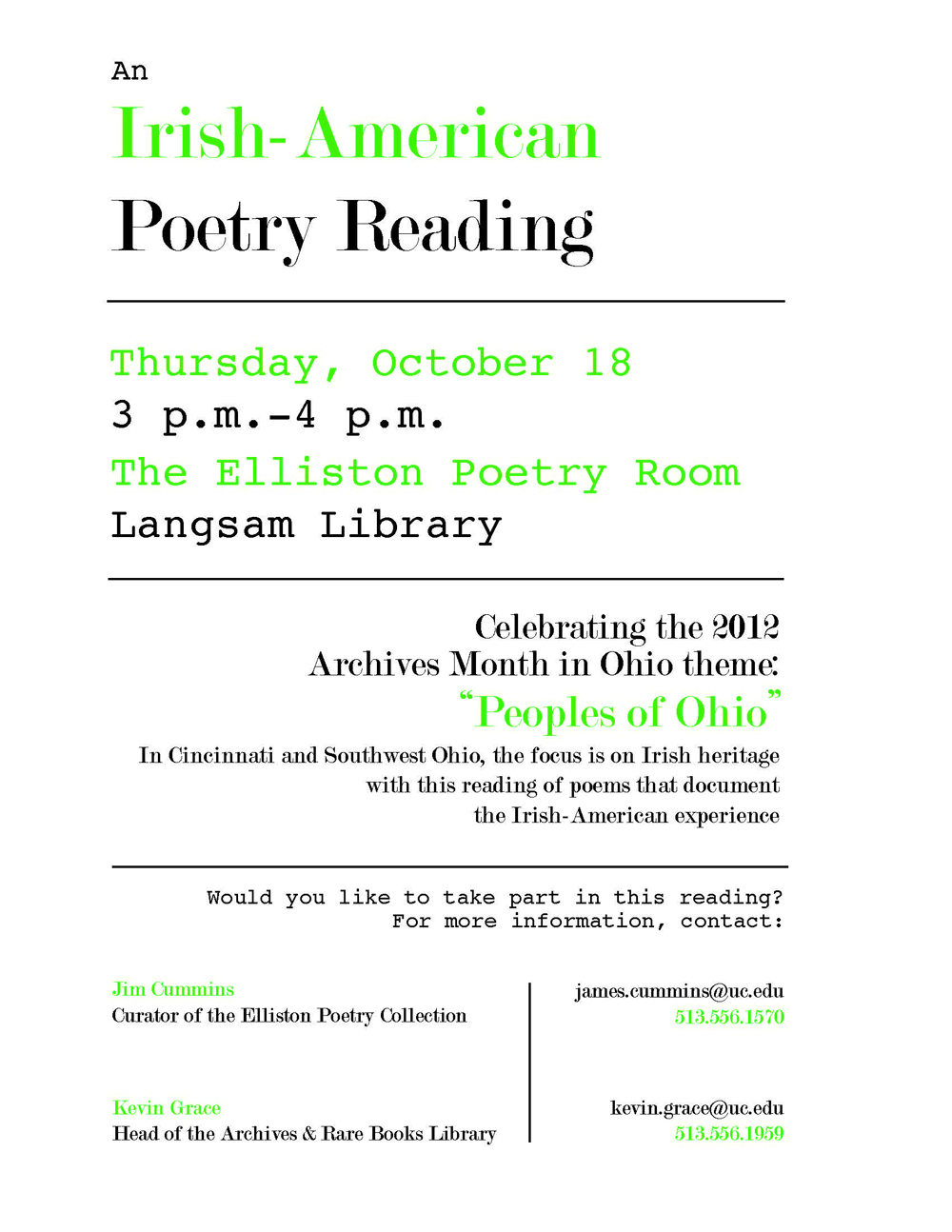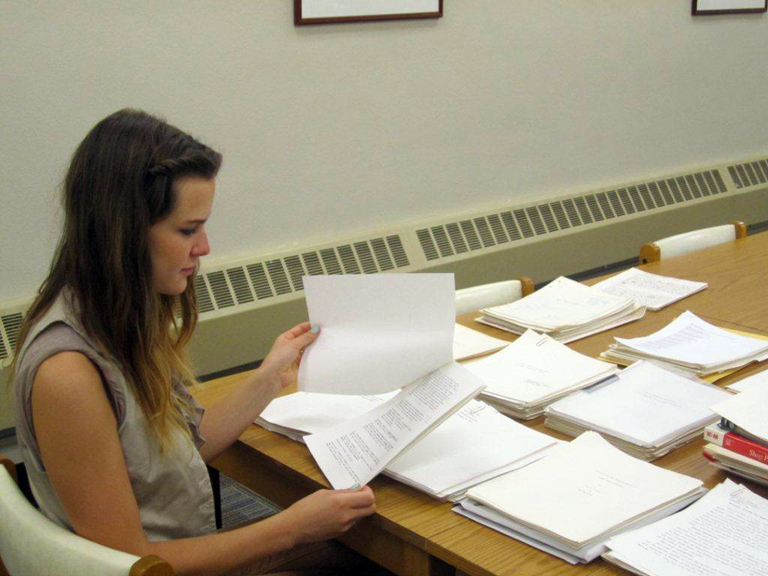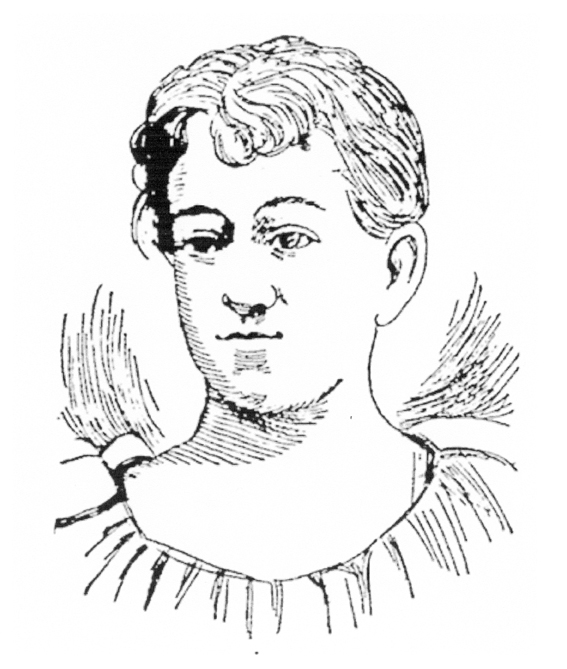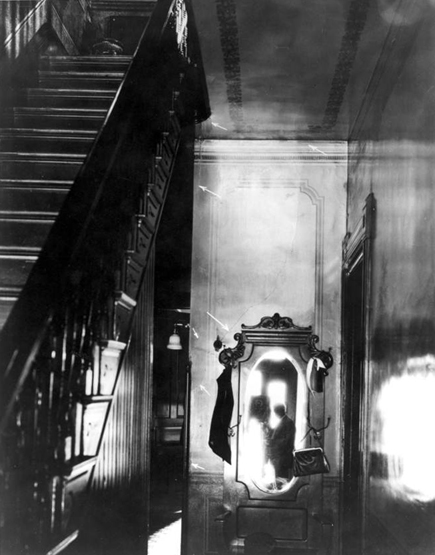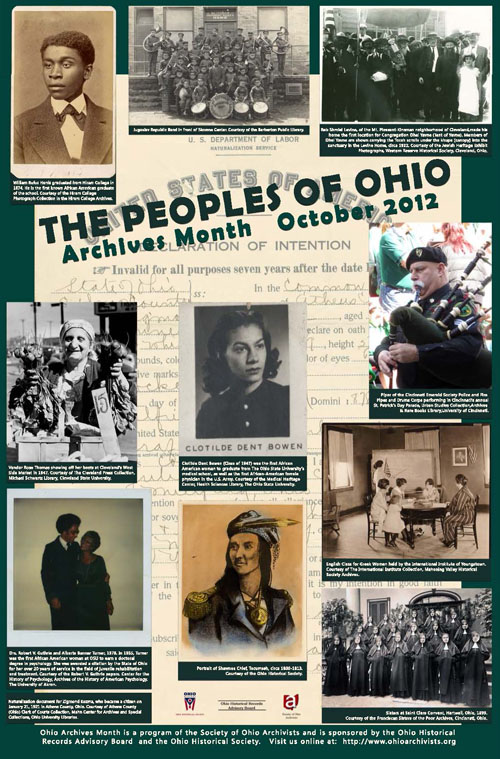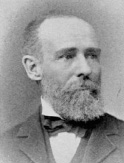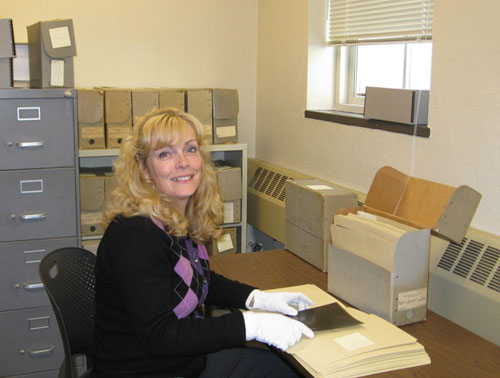By Molly Gullett
The Southwest Ohio Folklore Collection in the Archives & Rare Books Library’s Urban Studies Collection, is made up of several hundred small research projects of written and illustrated folklore that have been collected since the early 1970s by the students of professor emeritus Edgar Slotkin. In my efforts to make sense of such a wide variety of topics as I begin this year-long internship, I began sorting the papers into categories. In all, fifteen separate genres were discovered, among them proverbs, stories, jokes, children’s games, local festivals, the uncanny, bathroom stall graffiti, and food lore. Continue reading


